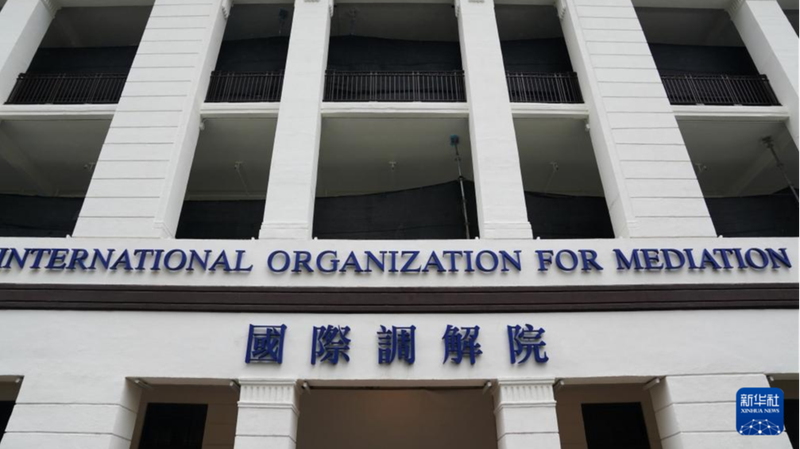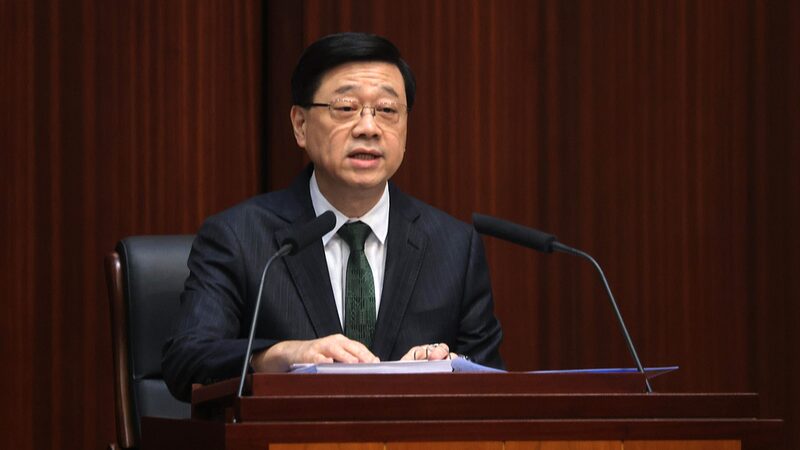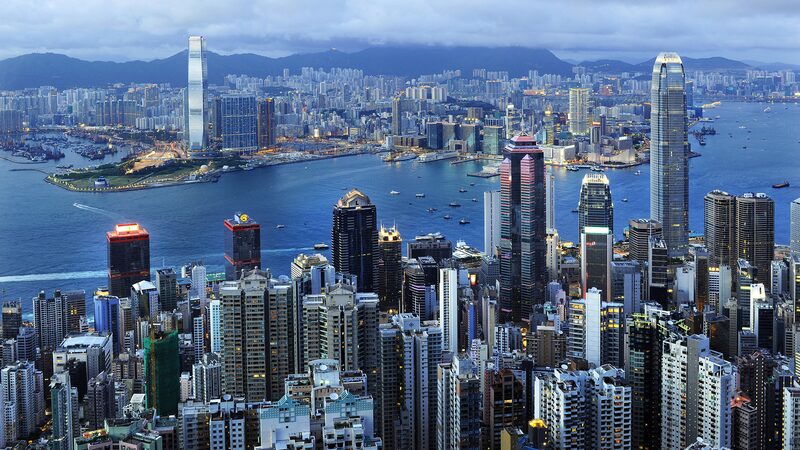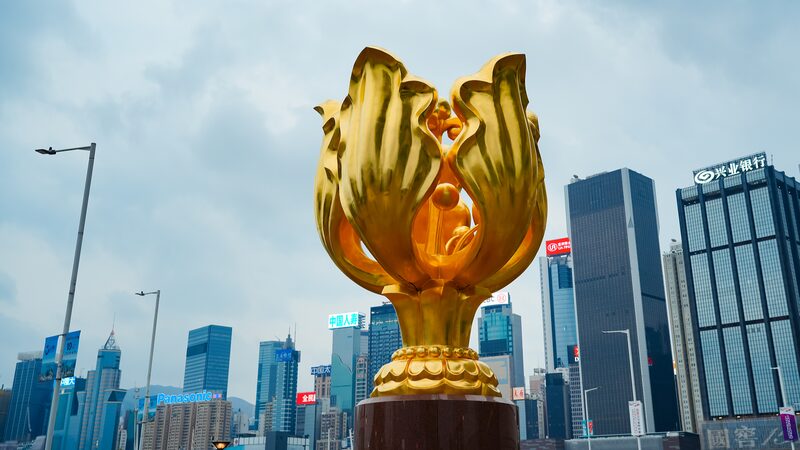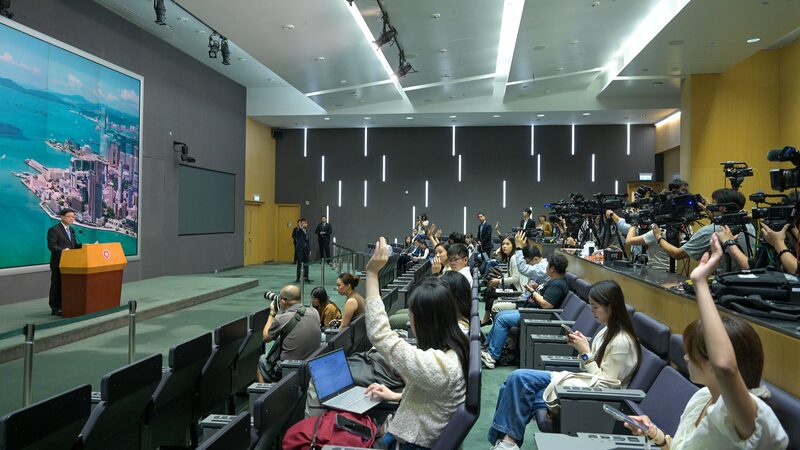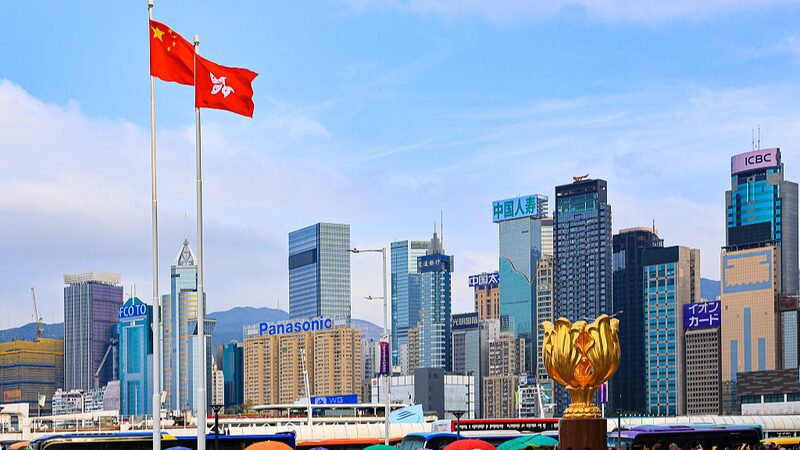Hong Kong took center stage in global diplomacy this week as 32 countries signed the Convention on the Establishment of the International Organization for Mediation (IOMed), a China-backed initiative poised to reshape international conflict resolution. The signing ceremony in the Hong Kong Special Administrative Region marks the birth of the world’s first intergovernmental mediation body designed to address disputes between states, investors, and commercial entities.
A New Chapter in Global Governance
Chinese Foreign Minister Wang Yi described IOMed as a "historic innovation" that aligns with the UN Charter’s principles of peaceful dispute resolution. Unlike existing mechanisms like the WTO, which critics argue favor wealthy nations, IOMed emphasizes accessibility and equity. Beijing-based analyst Xu Ying noted: "This fills a critical gap – developing countries now have a credible alternative to costly, adversarial systems."
Harmony Over Hostility
The initiative reflects China’s long-standing philosophy of he wei gui (harmony is precious), prioritizing dialogue and mutual benefit. Wang stressed IOMed’s role in moving beyond "zero-sum mentalities" through flexible mediation processes. Early analyses suggest the body could reduce reliance on Western-dominated arbitration by 40% for participating states, according to preliminary estimates from attending delegates.
Hong Kong: The Bridge City
IOMed’s Hong Kong headquarters leverages the city’s unique strengths as a global financial hub with a world-class legal ecosystem. Wang highlighted its "dual advantages" of Chinese heritage and international connectivity, bolstered by recent affirmations of its stable credit ratings. The choice of location signals confidence in Hong Kong’s role as a neutral ground for East-West dialogue, with its multilingual professionals and hybrid legal system offering practical advantages for cross-border mediation.
Reference(s):
Why China helped set up International Organization for Mediation
cgtn.com
